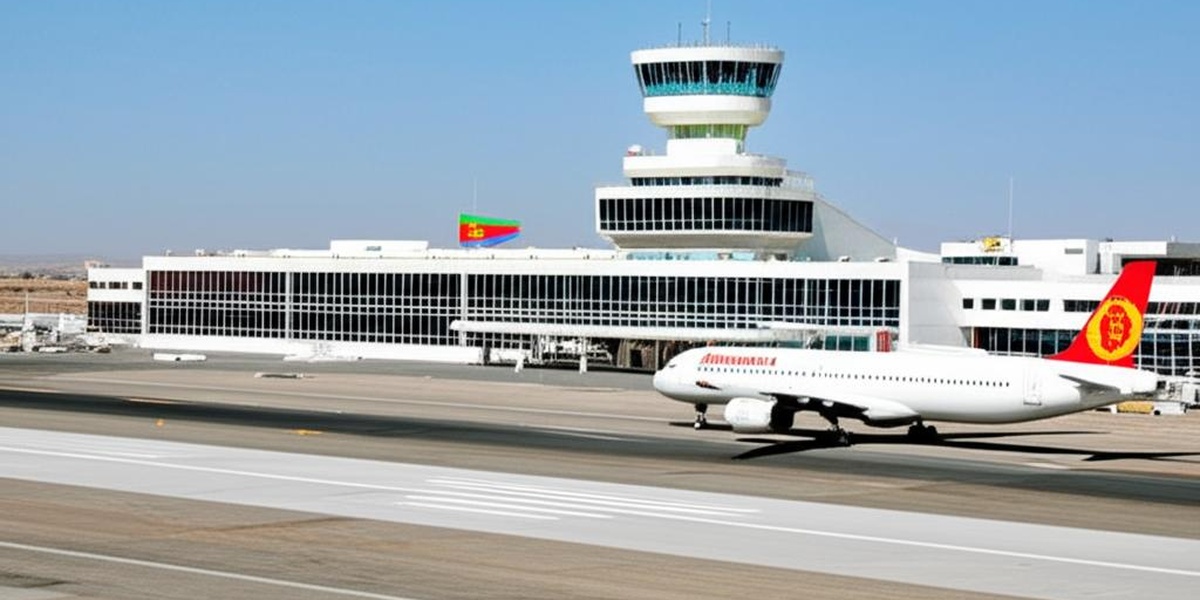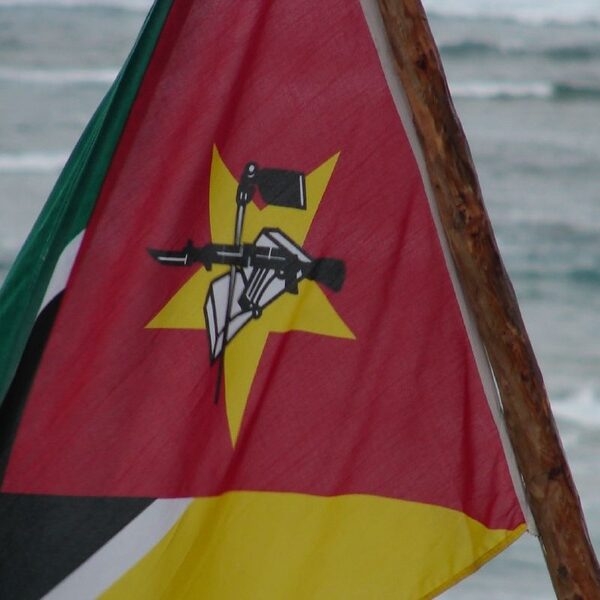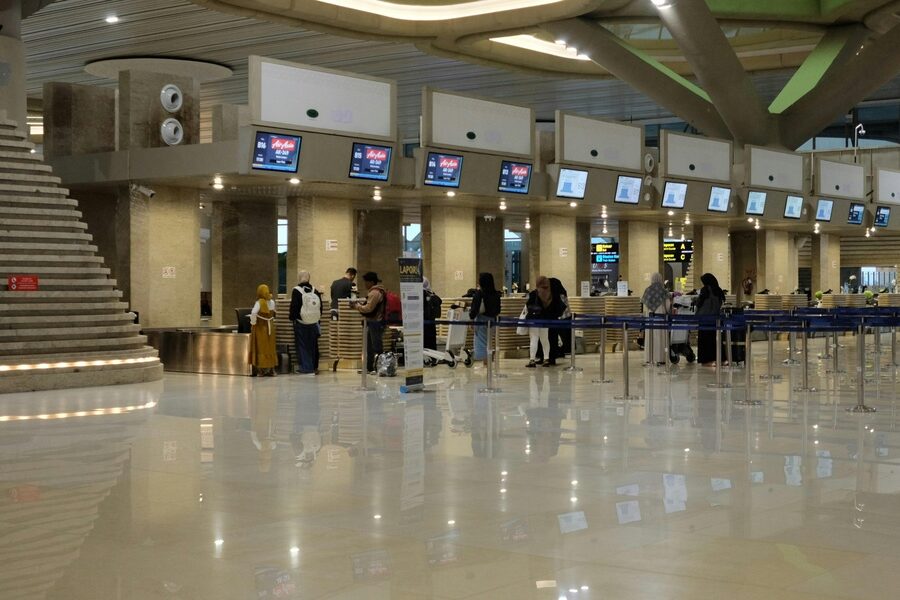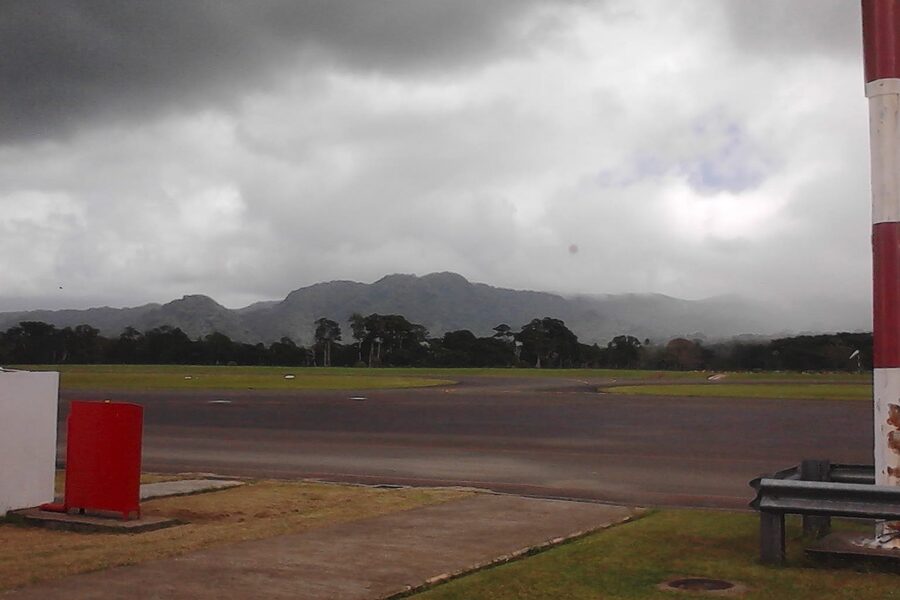Eritrea’s coastline and highland plateaus shape travel patterns across the country, so air links play an important role connecting remote towns with the capital and neighboring nations. Small regional strips and a few larger fields support a mix of passenger, cargo and government flights.
There are 7 Airports in Eritrea, ranging from Asmara International Airport to Teseney Airport. For each entry you’ll find below Codes (IATA/ICAO), Location (city/region), Coordinates (lat, long) so you can quickly identify and map each airfield — see the list you’ll find below.
Which airport is the main international gateway to Eritrea?
Asmara International Airport serves as the primary international gateway, handling the majority of scheduled international flights and most commercial passenger services, while the other airports are largely regional, military, or used for charter and occasional domestic routes.
Are all listed airports available for commercial bookings?
No — only a subset offer regular commercial service; several are limited to domestic, military, or charter operations, so check current airline schedules and travel advisories before planning a trip.
Airports in Eritrea
| Airport name | Codes (IATA/ICAO) | Location (city/region) | Coordinates (lat, long) |
|---|---|---|---|
| Asmara International Airport | ASM/HHAS | Asmara | 15.291200,38.910301 |
| Massawa International Airport | MSW/HHMS | Massawa | 15.767500,39.368301 |
| Assab International Airport | ASA/HHSB | Assab | 13.065500,42.646702 |
| Teseney Airport | TES/HHTS | Teseney | 15.105000,36.657002 |
| Sawa Airport | /HHSW | Sawa | 15.998000,37.031000 |
| Nakfa Airport | / | Nakfa | 16.650000,38.483002 |
| Dahlak Kebir Airstrip | / | Dahlak Kebir | 15.791000,39.921001 |
Images and Descriptions
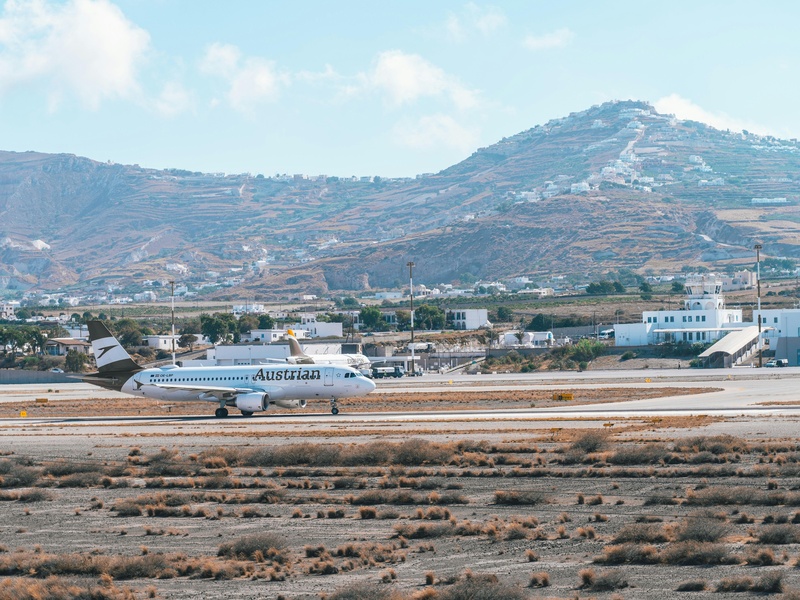
Asmara International Airport
Asmara International Airport is Eritrea’s main international airport. It uses IATA code ASM and ICAO code HHAS. It sits high in the Eritrean highlands and has a long paved runway for medium and large aircraft. It supports scheduled and charter flights when services are active. Include this airport as the primary civil aviation gateway for the capital.
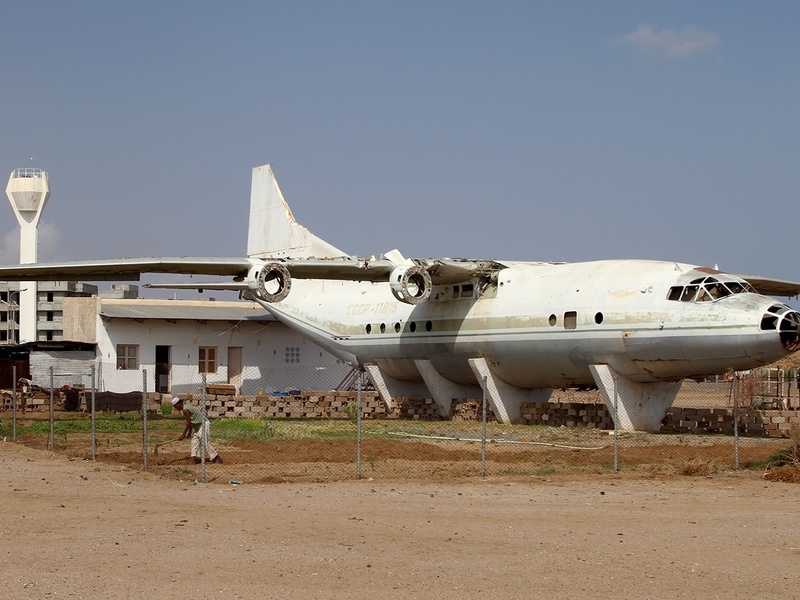
Massawa International Airport
Massawa International Airport is the main coastal airport on the Red Sea. It uses IATA code MSW and ICAO code HHMS. It has a paved runway suitable for medium jets and links the port city of Massawa to other areas. It serves civilian flights and occasional military operations. Include this airport for coastal and Red Sea access.
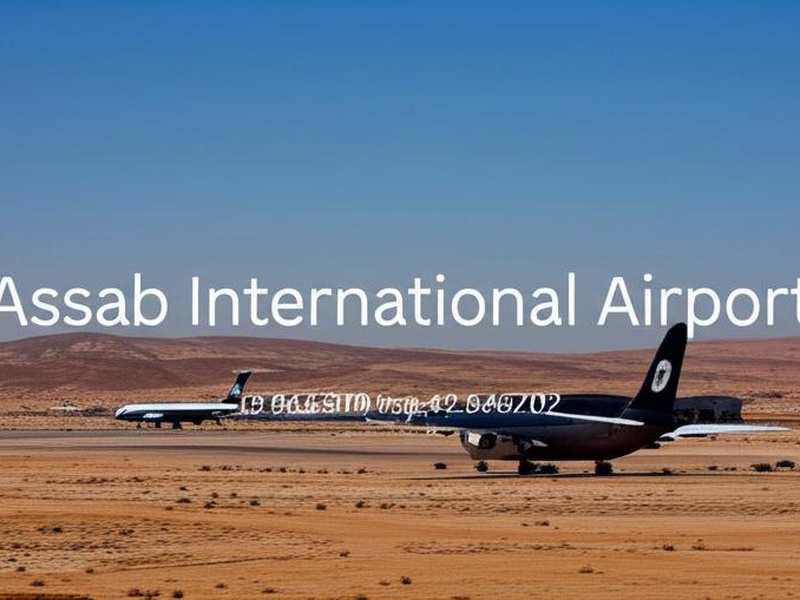
Assab International Airport
Assab International Airport serves the port city of Assab in the south. It uses IATA code ASA and ICAO code HHSB. It has a long runway that can handle larger aircraft and hosts both military and limited civil traffic. It functions as an international entry point when flights operate. Include this airport among Eritrea’s primary airfields.
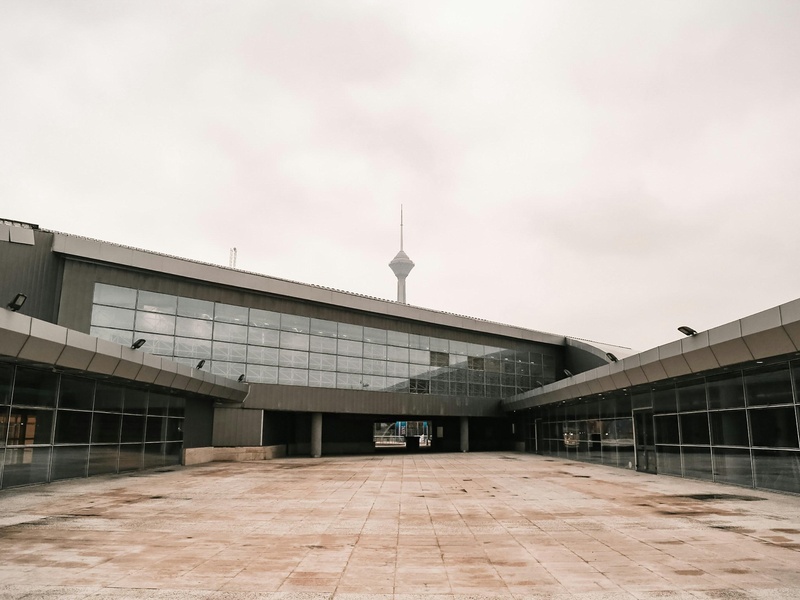
Teseney Airport
Teseney Airport is a small regional airfield near the town of Teseney in western Eritrea. It has a short runway and limited infrastructure. It primarily supports domestic flights, government, and military movements rather than regular commercial service. No major airline schedules typically operate here. Include this site for coverage of regional air access.
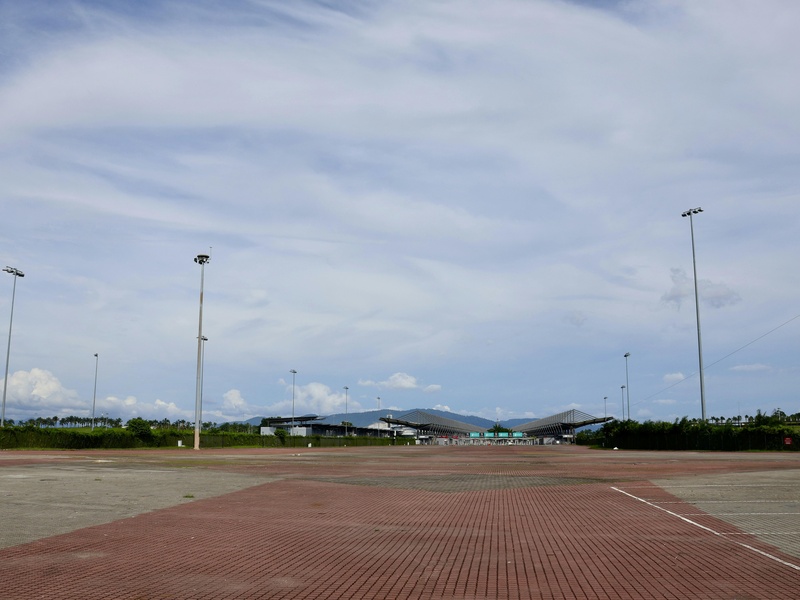
Sawa Airport
Sawa Airport is a military airstrip at the Sawa training area near the western border. It has basic runway facilities and no regular public passenger service. It supports military training and logistics rather than civilian travel. Include this entry to cover military and restricted-use airfields in Eritrea.
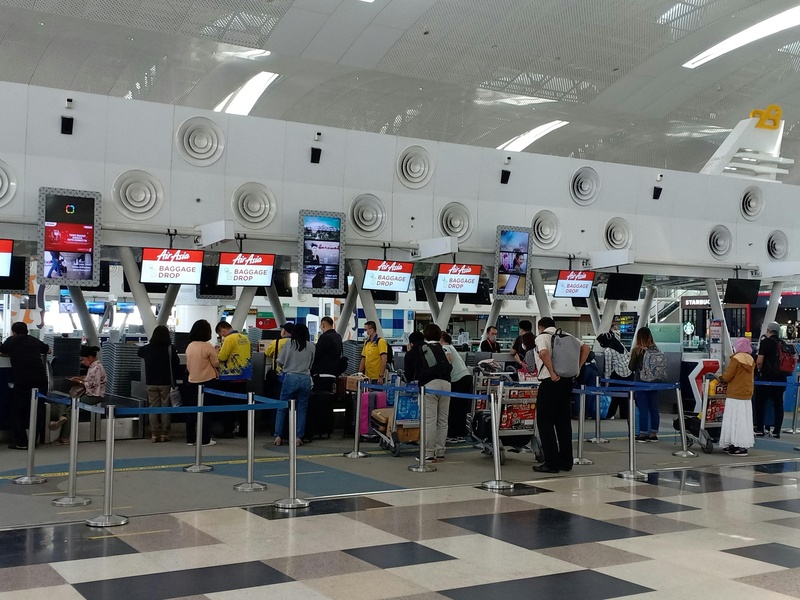
Nakfa Airport
Nakfa Airport is a small airstrip near the historic town of Nakfa in northern Eritrea. It has a short runway and limited passenger facilities. It mainly supports local flights, government travel, and occasional charter movements. It does not host major international services. Include this airstrip for a full list of domestic landing sites.
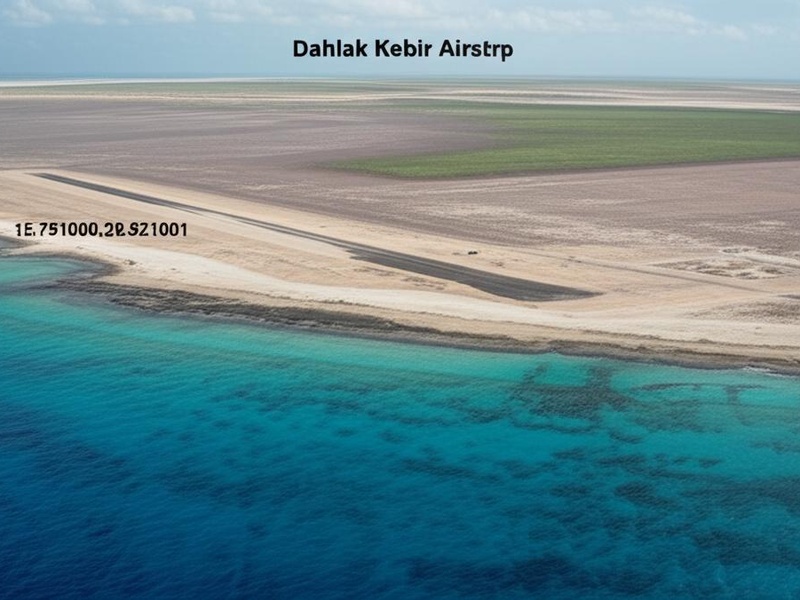
Dahlak Kebir Airstrip
Dahlak Kebir Airstrip is a simple, unpaved landing strip on Dahlak Kebir island in the Dahlak Archipelago. It serves local transport, supply flights, and occasional tourist charters to the islands. It accepts only small aircraft and has no scheduled airline service. Include this airstrip to document aviation access to the Dahlak islands.

